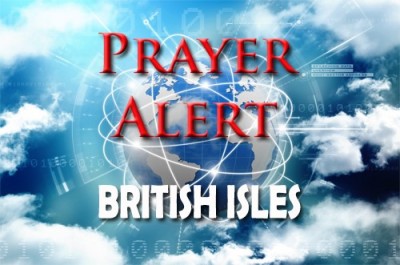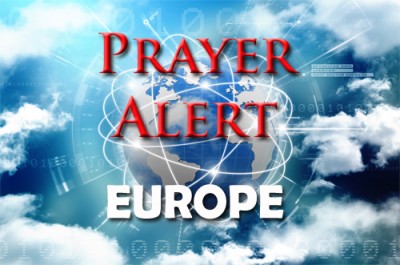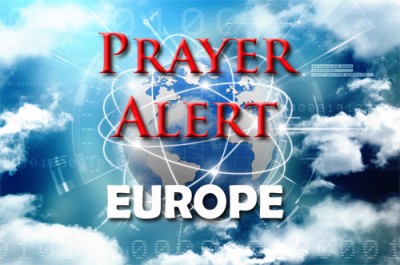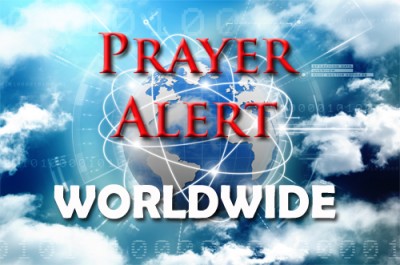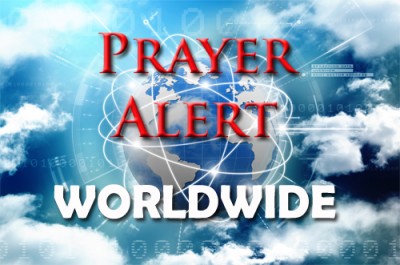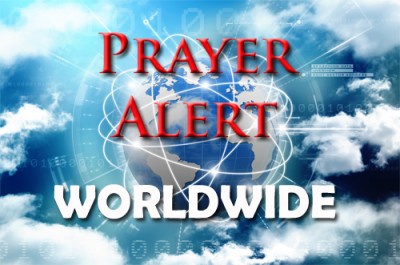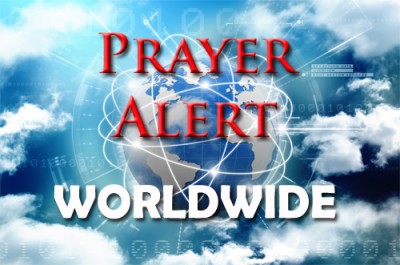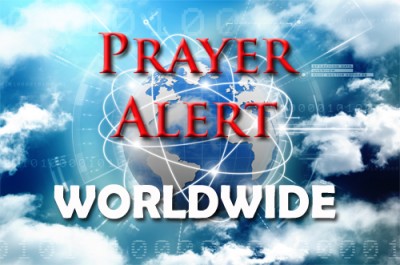Record rise in homeless deaths
17 Oct 2019On 27 June we reported that Scotland’s homeless status was up by 3% on the previous year. Four months later another report stated the number of deaths of homeless people in England and Wales had risen by 22% - nearly two a day. The number of deaths related to drug poisoning has risen by 55% since 2017, compared to 16% of the population as a whole. Homeless families living permanently in office blocks, and homelessness among old people soared by 39%. There are an undisclosed number of empty houses in England despite a homelessness crisis. The majority of known deaths (641) were of men. Shelter said, ‘This is a moment to pause and reflect on what matters to us as a society. These tragic deaths are the consequence of a housing system and economy that is failing too many of our fellow citizens.’
Albania: moving forward
17 Oct 2019Albania was once the poorest nation in Europe, but poverty has been cut by more than half and the economy continues to show positive signs of growth. Despite having well-known gangsters, it has made notable steps in combating drugs, weapons and human trafficking. Last year the European Commission said that it had shown enough progress towards implementing the required reforms that accession negotiations can begin. Under Communist rule, no religion was allowed. Now, Islam claims twice as many followers as Christianity. Christian believers enjoy worshipping openly in a country that once restricted religious freedom, although most who claim Christianity are reported to be nominal in their faith. Praise God that children’s ministry is drawing whole families into church and multiple generations are coming to faith. Pray for isolated believers to find safe ways to meet with others, and for believers from Muslim backgrounds to be protected from pressure and attack from friends and family.
Romania: challenges for prayer
17 Oct 2019A legacy of brokenness endures from the days of Ceausescu’s regime, a moral vacuum filled with every kind of social evil. Substance abuse, prostitution, pornography, human trafficking, and challenges to child welfare are widespread. Romania has one of the highest abortion rates in the world, with three or more abortions for every child born. Poverty is still common, with widespread unemployment and economic instability, caused to a large degree by rampant and entrenched corruption. Divisions in government reduce its effectiveness; major strides forward are needed in its legal, education and health care systems as well as police and local administrations. Pray for leadership to have the wisdom to chart the right path and the integrity to implement the right policies. Few pastors have a theological library. Pray for Christian publishing houses and distribution networks to establish a viable, indigenously-funded Christian literature ministry and for more locally written material to be available.
Australia: pray for rain
17 Oct 2019From Queensland to New South Wales, successive droughts and the need for extra water to fight bushfires have caused unprecedented shortages. Regions face the prospect of taps running out within months. This is a portion of a national prayer for rain issued by Christian leaders: ‘We acknowledge that You are the Lord of the universe, the One who provides the rain to water the Earth so that crops, livestock and humans can flourish. We ask that in Your mercy You would send rain. We pray for physical rain and spiritual revival rain to flow through Australia. We thank You, Lord, for past revivals, and pray that the latter rain would be even greater than the former rain. Bless the work of our hands, especially the farmers on the land, and give us peace. We thank You for renewal of our land and renewal of our faith.’ See also
Egypt: Christian convert killed
17 Oct 2019El-Sayeh left his job teaching Islamic studies to school children in March 2019. Having watched Christian satellite TV, he wanted to know more about the truth of Islam and read more of the Bible to compare religions and pray. God touched his heart and guided him on his way to learn about Christ and Christianity. He read Christian books and was secretly baptised in April. Then he began to talk to his wife about the work of Christ in his life, to convince her to follow Jesus like him. But she told his wider family, who insulted and threatened him. Families of converted Christians believe they are honour-bound to kill them for the betrayal of everything the family and local community hold dear. El-Sayeh was forcefully electrocuted to death because he kept his faith till his last breath and refused to renounce it.
Kenya: prayer for breakthrough
17 Oct 2019IJM wants God to bring justice and closure in the case of its staff lawyer Willie Kimani, client Josephat Mwenda, and trusted taxi driver Joseph Muiruri, who were kidnapped and murdered in 2016. Their bodies were dumped in gun bags in a river. Four police officers and one police informant were charged with their murders, and the informant confessed. 38 witnesses have testified over three years, but only eight remain. The court will sit soon, and the judge will decide whether to admit as evidence a video of a crime scene reconstruction involving the informant. This is a critical moment: the trial has been plagued by adjournments each time the confession evidence was due to be heard. Please pray against health problems, legal issues, witness challenges, or anything which could give reason to adjourn the case again.
Syria: orphans of the Caliphate
17 Oct 2019The families of suspected IS militants are being held at a number of camps for displaced people in northern Syria. Al-Hol camp houses almost 70,000 people, of whom 11,000 are foreign nationals; 94% are women and children. In these camps there are thousands of terrified orphaned children whose parents supported IS. Most of their home countries don't want them back. Please pray for these lost children of the caliphate, orphans of IS fighters fending for themselves in camps now being bombed in Turkish offensives as the war in Syria reignites. In one camp are three children from London, whose parents joined IS five years ago, and were subsequently killed in the fighting. The children - Amira, Heba and Hamza - are stranded and in danger. They want to come home to a grandmother in England. Ain Issa camp held 12,000 displaced people, including 1,000 foreign women and children. It is now empty of women, according to Save the Children.
Sudan: criminal charges and potential for change
17 Oct 2019Criminal charges against eight leaders of the Sudanese Church of Christ (SCOC) were confirmed on 7 October. They are charged with criminal trespass and illegal possession of church properties. The SCOC is a Nuban denomination experiencing religious and ethnic discrimination. However, a new minister of guidance and religious endowments could change the spiritual atmosphere. He stated recently, ‘Sudan is pluralistic in its thought, culture, ideologies, Islamic religious sects, and even religions.’ He also called for the return of Sudan’s Jewish community. He told the UN that ‘all public order laws are suspended and will be repealed’. These were used against women, especially those from marginalised communities. Sadly, reports emerged on 10 October that public-order police were patrolling Khartoum and harassing individuals. Pray for Sudan’s new multi-cultural, multi-ethnic and multi-religious nature to be welcomed by police, and for the new policy changes to be applied by all law courts.
